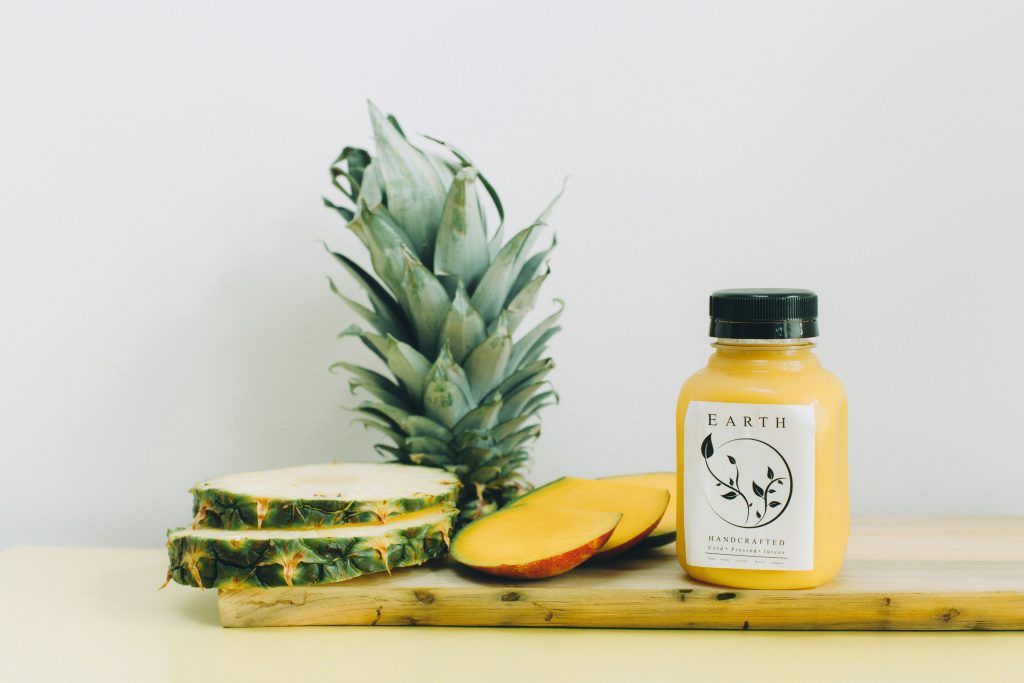The Power of Product Sampling in Marketing Campaigns

Product sampling has emerged as a potent marketing strategy that enables brands to offer consumers the opportunity to experience their products firsthand. This direct interaction allows brands to create a memorable experience for users while driving brand awareness, encouraging trial, and ultimately increasing purchase intent. In this article, we’ll delve into the effectiveness of product sampling, exploring the psychological principles behind it and showcasing successful case studies across diverse industries.
The Psychological Principles Behind Sampling
Reciprocity: The Foundation of Product Sampling
At the core of product sampling lies the principle of reciprocity, a psychological phenomenon where individuals feel compelled to reciprocate a favor or gift. When consumers receive a free sample, they often feel a sense of obligation to reciprocate by considering the brand’s offerings or making a purchase. This innate desire to return the favor forms the basis of product sampling’s effectiveness in driving consumer engagement.
Social Proof: Building Trust and Confidence
Additionally, product sampling leverages the principle of social proof, which proposes that individuals are more likely to adopt behaviors or beliefs endorsed by others. When consumers see peers or influencers endorsing a product through sampling, they are more inclined to trust the brand and perceive the product positively. This social validation enhances brand credibility and instills confidence in consumers, driving them towards trial and purchase.
Impact on Consumer Behavior
Driving Brand Awareness Through Personalized Experiences
Product sampling offers brands the opportunity to create personalized experiences that resonate with consumers on a deeper level. By allowing users to interact with the product firsthand, brands can showcase its unique features, benefits, and quality, thereby increasing brand awareness and leaving a lasting impression. These immersive experiences not only attract new users but also reinforce brand loyalty among existing customers.
Encouraging Trial and Repeat Purchase
One of the primary objectives of product sampling is to encourage trials among consumers who may be hesitant to purchase the product outright. By providing a free sample, brands remove the barrier to trial, allowing users to experience the product’s benefits firsthand. This hands-on experience often leads to increased confidence and likelihood of purchase, as consumers become more familiar and comfortable with the brand’s offerings.
Successful Case Studies Across Various Industries
Sephora’s “Try Before You Buy” Initiative
Sephora, a leading beauty retailer, has successfully implemented a “Try Before You Buy” initiative, offering customers free samples of skincare and beauty products with every purchase. This strategy not only enhances the shopping experience for users but also drives trial and encourages repeat purchases. By providing personalized samples tailored to customers’ preferences, Sephora strengthens its relationship with users and solidifies its position as a trusted authority in the beauty industry.
Food and Beverage Industry: Sampling in High-Traffic Locations
In the food and beverage industry, brands often utilize product sampling in high-traffic locations such as grocery stores, events, or festivals. By offering samples to users in these environments, brands can generate immediate interest, stimulate trials, and drive impulse purchases. This approach not only increases brand visibility but also allows users to experience the product in a relevant context, leading to higher conversion rates and customer acquisition.
Conclusion
Product sampling remains a powerful marketing strategy for brands looking to drive brand awareness, trial, and purchase intent. By tapping into psychological principles such as reciprocity and social proof, brands can create personalized experiences that resonate with users and encourage them to take action. As demonstrated by successful case studies across various industries, product sampling continues to be a valuable tool for engaging consumers and building brand loyalty in today’s competitive marketplace.
